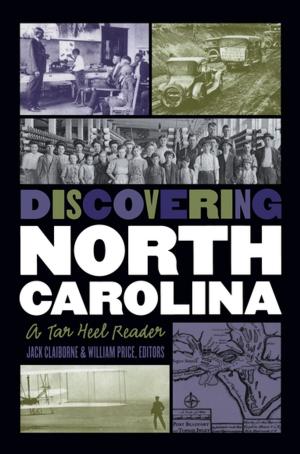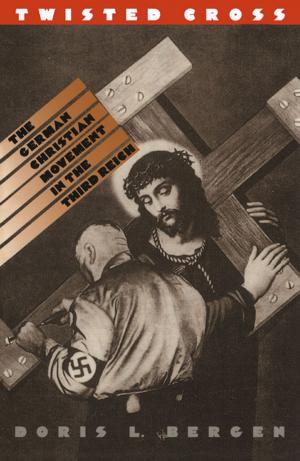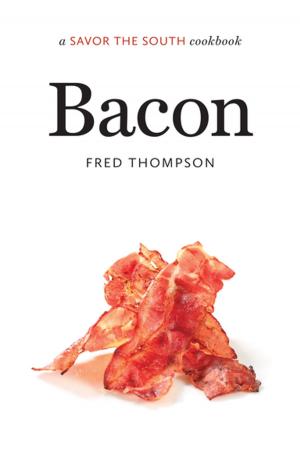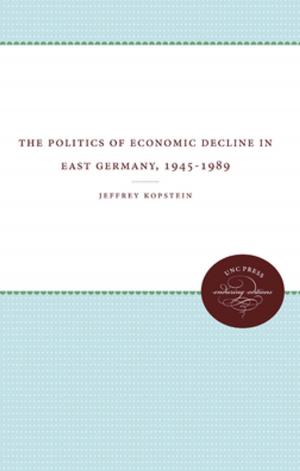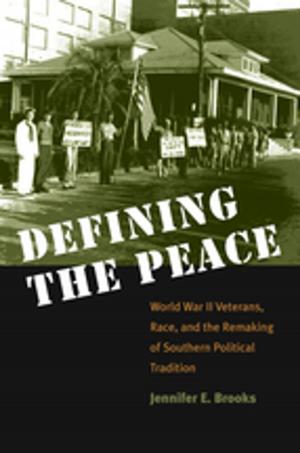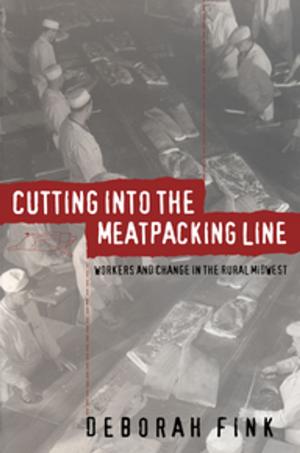Neither Lady nor Slave
Working Women of the Old South
Nonfiction, Social & Cultural Studies, Social Science, Cultural Studies, Minority Studies, History, Americas, United States, 19th Century, Gender Studies, Women&| Author: | ISBN: | 9780807861301 | |
| Publisher: | The University of North Carolina Press | Publication: | October 15, 2003 |
| Imprint: | The University of North Carolina Press | Language: | English |
| Author: | |
| ISBN: | 9780807861301 |
| Publisher: | The University of North Carolina Press |
| Publication: | October 15, 2003 |
| Imprint: | The University of North Carolina Press |
| Language: | English |
Although historians over the past two decades have written extensively on the plantation mistress and the slave woman, they have largely neglected the world of the working woman. Neither Lady nor Slave pushes southern history beyond the plantation to examine the lives and labors of ordinary southern women--white, free black, and Indian.
Contributors to this volume illuminate women's involvement in the southern market economy in all its diversity. Thirteen essays explore the working lives of a wide range of women--nuns and prostitutes, iron workers and basket weavers, teachers and domestic servants--in urban and rural settings across the antebellum South. By highlighting contrasts between paid and unpaid, officially acknowledged and "invisible" work within the context of cultural attitudes regarding women's proper place in society, the book sheds new light on the ambiguities that marked relations between race, class, and gender in the modernizing South.
The contributors are E. Susan Barber, Bess Beatty, Emily Bingham, James Taylor Carson, Emily Clark, Stephanie Cole, Susanna Delfino, Michele Gillespie, Sarah Hill, Barbara J. Howe, Timothy J. Lockley, Stephanie McCurry, Diane Batts Morrow, and Penny L. Richards.
Although historians over the past two decades have written extensively on the plantation mistress and the slave woman, they have largely neglected the world of the working woman. Neither Lady nor Slave pushes southern history beyond the plantation to examine the lives and labors of ordinary southern women--white, free black, and Indian.
Contributors to this volume illuminate women's involvement in the southern market economy in all its diversity. Thirteen essays explore the working lives of a wide range of women--nuns and prostitutes, iron workers and basket weavers, teachers and domestic servants--in urban and rural settings across the antebellum South. By highlighting contrasts between paid and unpaid, officially acknowledged and "invisible" work within the context of cultural attitudes regarding women's proper place in society, the book sheds new light on the ambiguities that marked relations between race, class, and gender in the modernizing South.
The contributors are E. Susan Barber, Bess Beatty, Emily Bingham, James Taylor Carson, Emily Clark, Stephanie Cole, Susanna Delfino, Michele Gillespie, Sarah Hill, Barbara J. Howe, Timothy J. Lockley, Stephanie McCurry, Diane Batts Morrow, and Penny L. Richards.



